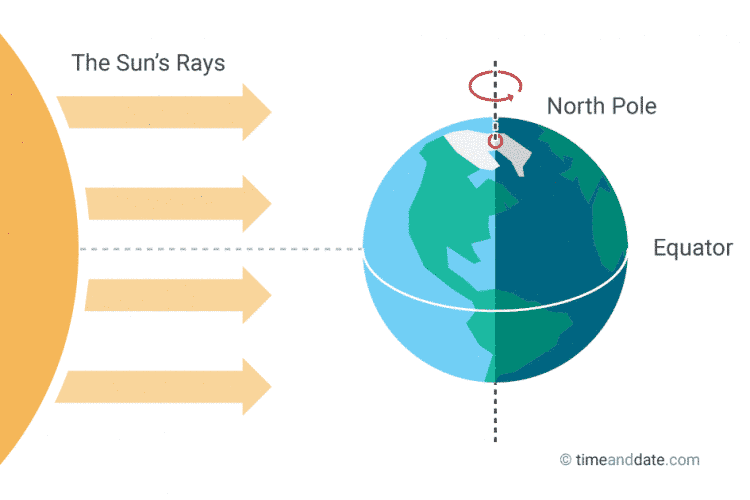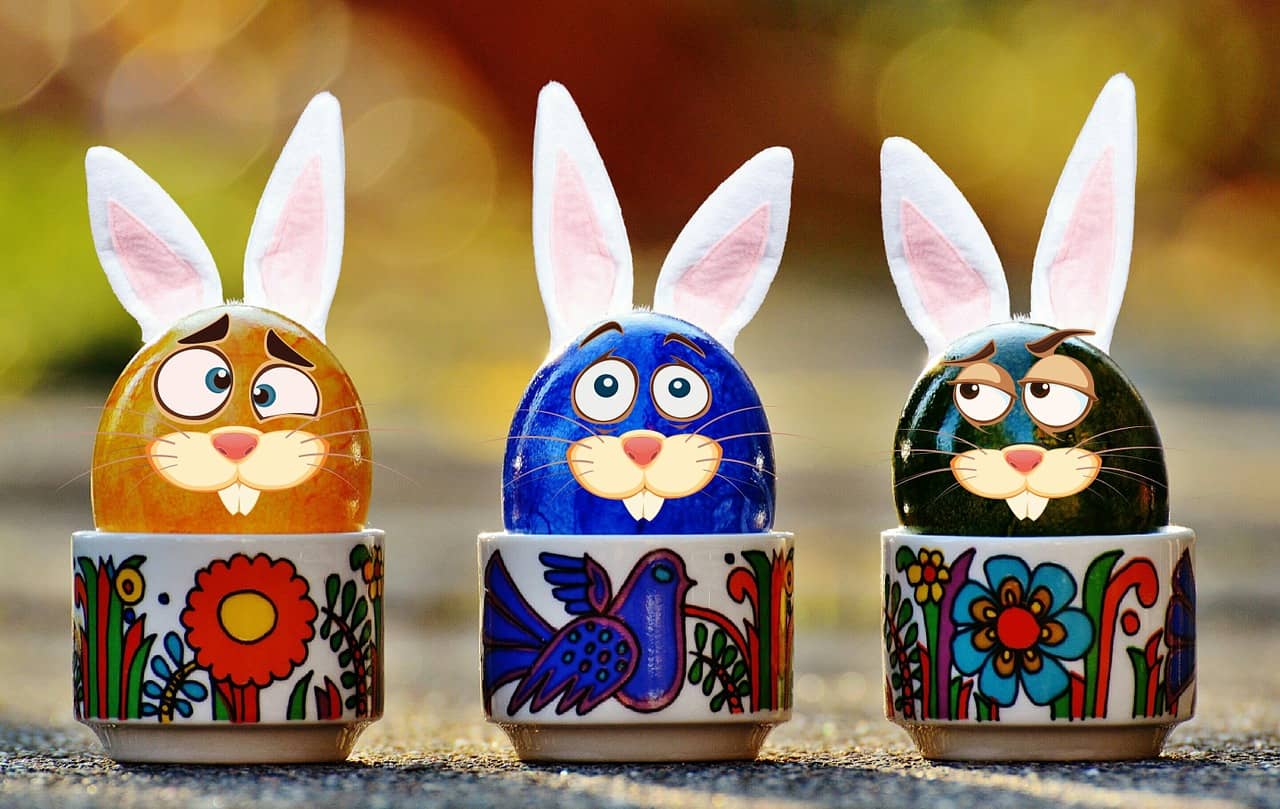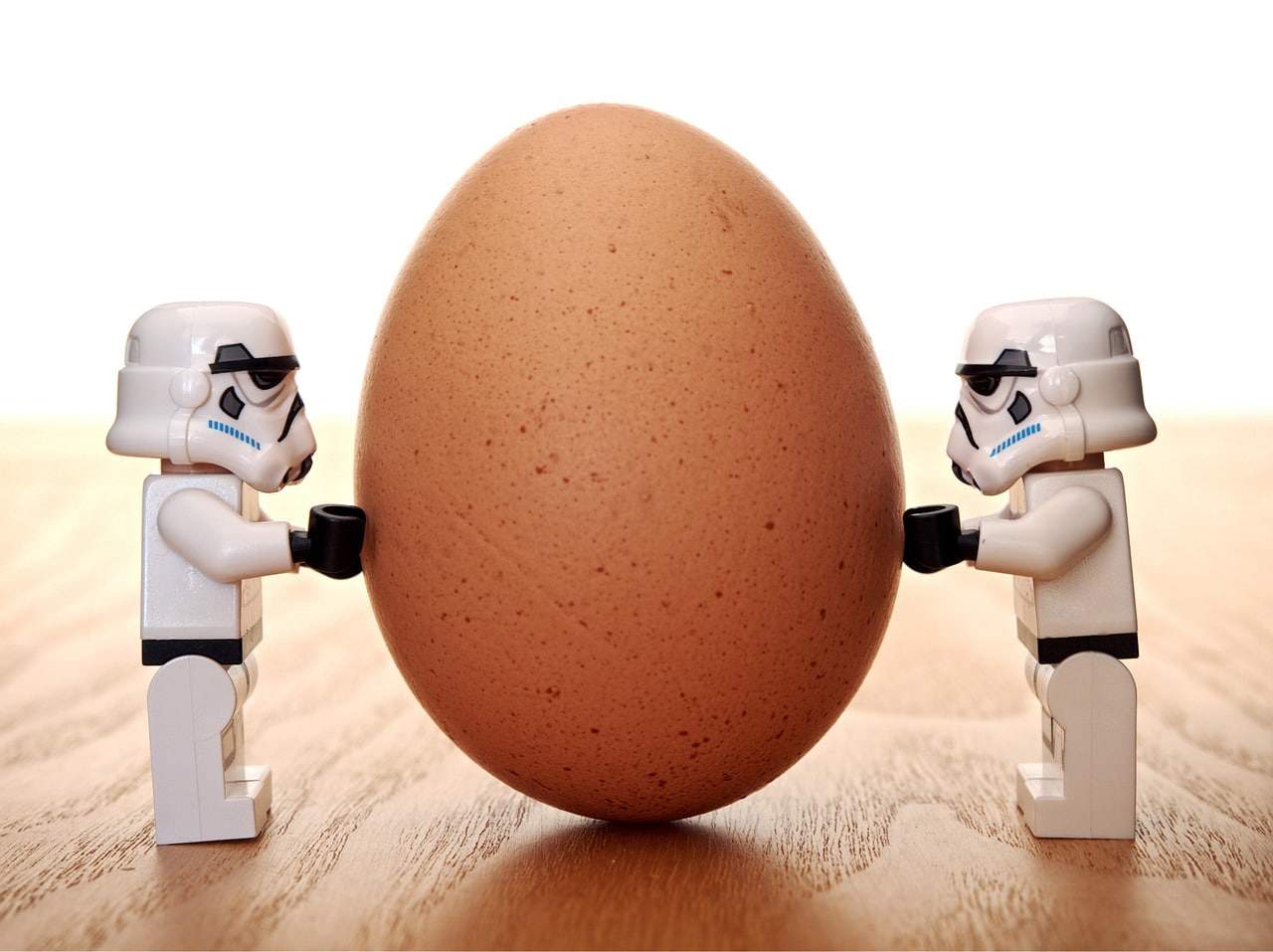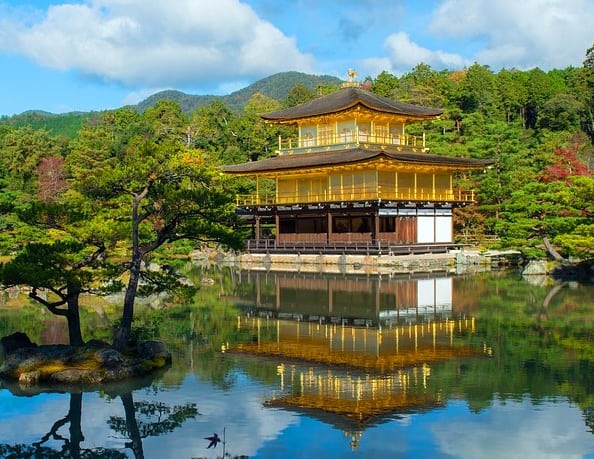
There will be a little less sunshine in your life from now on, with today’s equinox meaning the days are now shorter than the nights as we slide towards the cooler months.
This morning (Wednesday March 21) at 2.15am was the March equinox here in Ipswich. That means the night is the same length as the day – 12 hours. But from this day forward, the days begin to come a bit shorter. The Earth’s axis is not tilted towards or away from the sun. The sun’s rays are perpendicular to the earth’s axis on this day.

The sun is currently rising at 5.51am and setting at 5.58pm. The daylight hours will slowly diminish as we head to the Winter Solstice on June 21, robbing us of one hour and 43 minutes of daylight. During the middle of winter on the solstice, the sun rises at 6.37am and sets at 5.01pm. The shorter days also bring with it the promise of some relief from the heat. Don’t get caught out. Make sure you know where your doona and blankets are, because one day soon, you will wake up in during the night feeling cool and will wonder where you have stashed your blanket from last winter. Councillor Paul Tully has always been interested in astronomy and looks forward to this day each year. “It’s exactly halfway between summer and winter. It’s generally perfect sleeping weather from now on,” Cr Tully said. The March equinox may mark the beginning of autumn and the end of summer, but here in Ipswich, we are lucky enough to not be too concerned about chopping the fire wood just yet.
How different cultures around the world celebrate

The date of the March equinox also plays a huge role in calculating the dates for when to celebrate Jewish Passover and Christian Easter. According to the Bible, Jesus Christ’s death and resurrection occurred around the time of the Jewish Passover, which was celebrated on the first full moon following the vernal equinox. In 325CE the Council of Nicaea established that Easter would be held on the first Sunday after the first full moon occurring on or after the vernal equinox. From that point forward, the Easter date depended on the ecclesiastical approximation of March 21 for the vernal equinox.

An ancient Chinese tradition calls for balancing eggs, a symbol of fertility, on the day of the March Equinox for good luck and prosperity. This ancient custom has given rise to a modern myth. Every year, during the March Equinox people claim that it is the only day of the year when an egg can be perfectly balanced on its end. A version of the claim suggests that eggs can only be balanced on their end at the exact time of the Equinox. The truth is that there is nothing magical about the Equinox or the time it occurs – you can balance an egg perfectly on its end on any other day as well.

Higan (Higan-e or Ohigan), is a week of Buddhist services in Japan during the March and September Equinox. Both equinoxes have been national holidays since the Meiji period (1868-1912). “Higan” means the “other shore” and refers to dead spirits who reach Nirvana after crossing the river of existence. It celebrates the spiritual move from the world of suffering to the world of enlightenment.
Courtesy of TimeAndDate.com


5